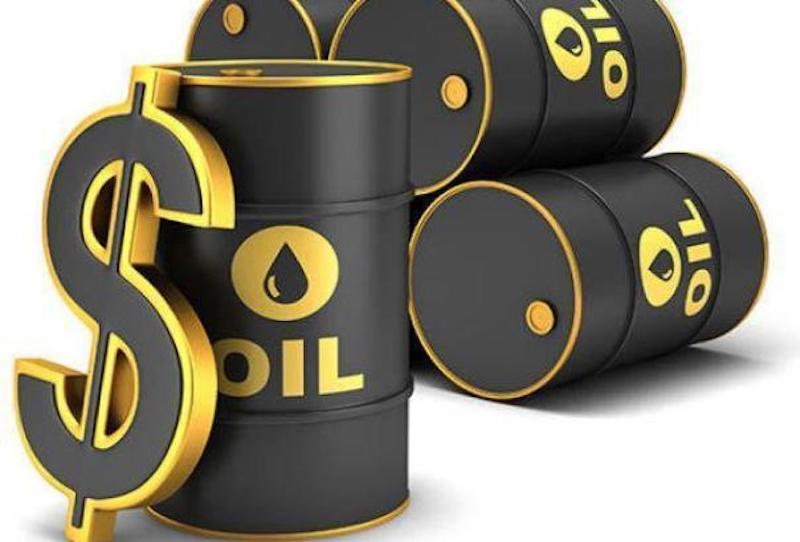Commodities News & Agribusiness
Oil price jumps to nearly $114 as Russia-Ukraine war triggers fears
Published
4 years agoon

Wednesday was another day of wild market moves, mainly in commodity markets as echos of sanctions and fear of supply disruption triggered by the ongoing war between Russia and Ukraine continue to fuel sentiments.
Fears that Russia’s invasion of Ukraine and wider sanctions imposed by the west could affect supplies from both countries have driven oil and gas prices sharply higher.
Read Also:
The same factors have also driven up other commodities such as wheat and corn, and metals. Wheat hit a 14-year peak while aluminium reached a new record high of $3,597 a tonne.
Oil prices
Oil prices jumped to near eight-year highs. Brent crude, the global oil benchmark, rose as high as $113.94 a barrel on Wednesday, the highest since June 2014, and has later traded around $111 for most of the day.
It has pared some of the gains since then while US light crude is 2.6% higher at $106.1. Brent has gained some 40% so far this year.
ED&F Man Capital Markets analyst Edward Meir told Reuters that oil has been pushing higher on growing perceptions that Russian oil is unable to be ‘transacted’.
“Although oil is not technically under sanction, traders are understandably nervous about taking delivery of Russian crude, let alone storing, shipping, and ultimately selling it,” he added.
Nigeria has a different story
One would expect that as the oil price reach for the sky, a country such as Nigeria that depends solely on oil money for government revenue should be excited. However, this is not the case at the moment.
Earlier, Timipre Sylva, minister of state for petroleum resources, had said that the increase in prices of global crude oil is not good for the country, stressing that the country can only reap optimally from the price surge when the price hovers between $70 and $80 per barrel.
The minister said Nigeria was not gaining anything from the soaring prices because of many challenges confronting it such as subsidy payments and pipeline shutdowns.
According to market observers, the significant rise in the price would lead to increase in the cost of processed petroleum products imported by Nigeria and thus erode the expected gains.
Expert says otherwise
However, Dr. Babajide Agunbiade an offshore production expert, investor, businessman and Director for Houston-based National Oilwell Varco, said that the country will still benefit as rising oil price would boost Nigeria’s foreign reserves.
He said in an interview that oil prices remain an important determinant of Nigeria’s economic performance as it has a significant effect on Nigerian foreign exchange earnings.
He said it is the basis upon which government budgeting, revenue distribution, and capital allocations are determined
“Hence, an increase in oil prices leads to an increase in foreign exchange earnings. Conversely, a decline in oil price leads to shortened revenues in dollars, causing exchange rate volatility, and rightly so as Nigeria’s economy is monolithic with crude oil as the major source of foreign exchange earnings.
“Thus the cascading effect of an increase in oil prices cut across the entire economic ecosystem and food chains, as highlighted in this article.”
Share this:
- Click to share on X (Opens in new window) X
- Click to share on Facebook (Opens in new window) Facebook
- Click to share on WhatsApp (Opens in new window) WhatsApp
- Click to share on Pocket (Opens in new window) Pocket
- Click to share on Telegram (Opens in new window) Telegram
- Click to email a link to a friend (Opens in new window) Email
- Click to share on LinkedIn (Opens in new window) LinkedIn
You may like


Oil Slides Below $80 amidst Uncertainties in U.S Policies


Oil Price Rises 4.2% to $78.12 on Supply Uncertainties


Three Reasons Oil Price Increase is a Curse to Nigeria – Finance Minister


ANALYSIS: Fear of Subsidy Grips Nigeria as Oil Heads for $140


New Outlook Pegs Oil Price at $140 Per Barrel


International Maize Price Eases Amidst Global Wheat Supply Chain Trouble












